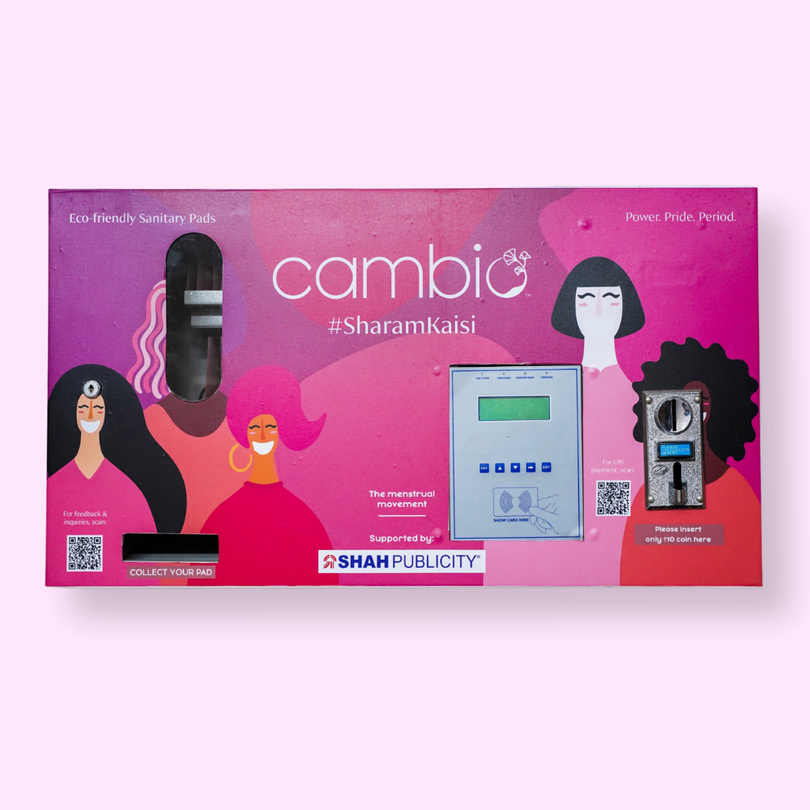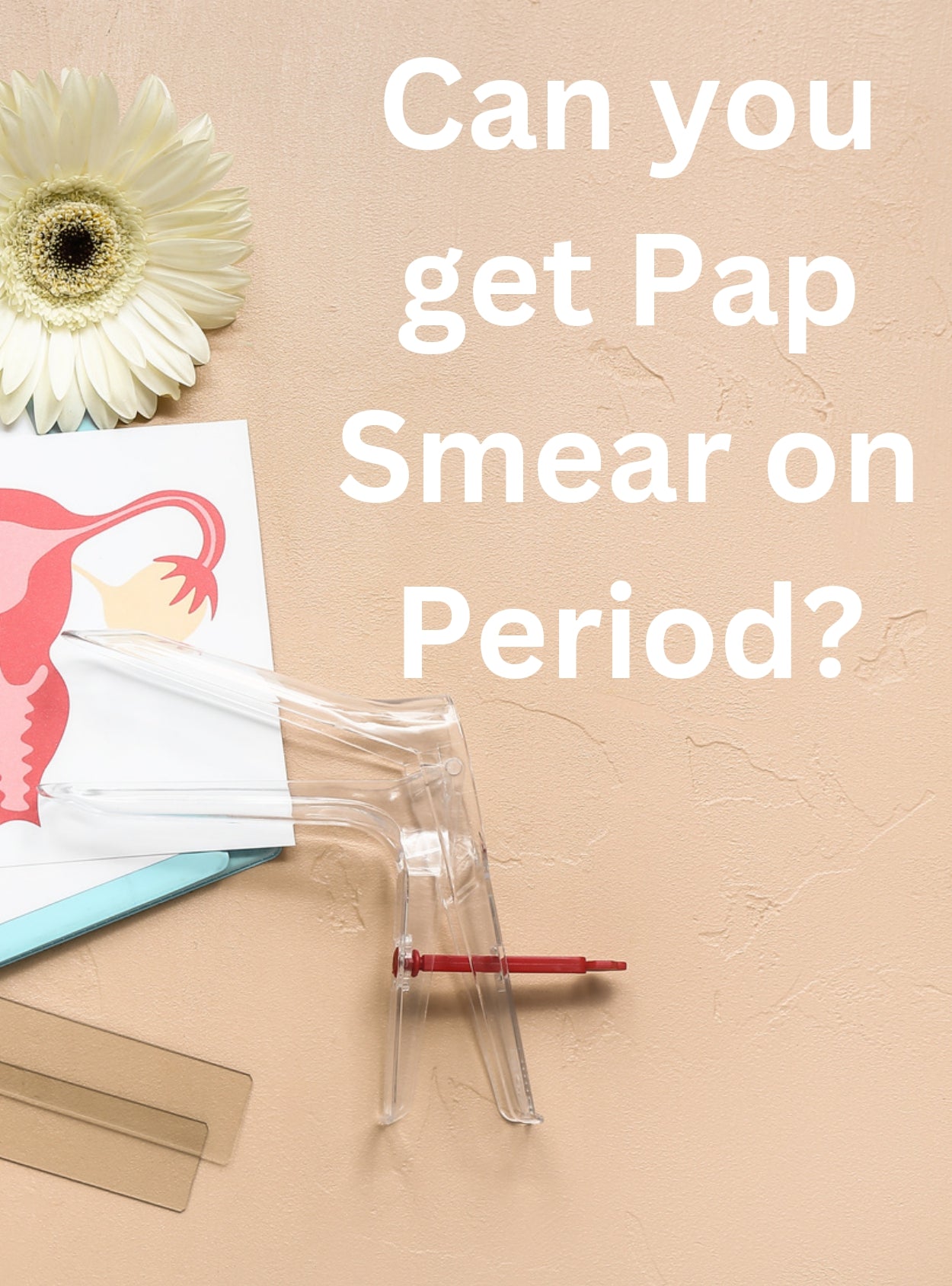There are Natural Ways that Help You to Get Periods Immediately:
- Natural Food
- Yoga
- Exercise
- Other methods
-
Dietary Changes to Induce Periods Immediately
Diet changes can help induce an early period by supporting overall hormone balance and promoting a healthier menstrual cycle.
A diet high in fresh fruits, vegetables, and whole grains can provide essential nutrients for improved reproductive health.
Additionally, eating regularly and avoiding extremes of under-or overeating can help regulate hormone production and ensure the body has enough energy to support hormonal balance and stimulate the menstrual cycle.
Here's a brief overview of how some of these nutrients may contribute to reproductive health:
- Vitamin C: Found in citrus fruits, grapes, strawberries, and bell peppers. Vitamin C is important for the absorption of nonheme iron (plant-based iron) from food, and it plays a role in collagen synthesis, which is relevant for the health of reproductive tissues.
- Vitamin A: Present in foods like carrots, sweet potatoes, and pumpkin. Vitamin A is crucial for maintaining the integrity of mucosal surfaces, including those in the reproductive tract.
- Potassium: Found in bananas, avocados, cantaloupe, and tomatoes. Potassium is an essential mineral that supports overall cellular function, including muscle contractions, which can be relevant to the smooth functioning of the reproductive system.
- High-Fiber Foods: Whole grains, vegetables, and fruits provide fiber, which supports digestive health. A healthy digestive system is important for nutrient absorption, and proper nutrient levels are essential for overall well-being, including reproductive health.
- Antioxidant-Rich Foods: Dark chocolate, nuts, and seeds contain antioxidants that can help combat oxidative stress. Reducing oxidative stress may have positive effects on overall health, including reproductive health.
It's worth noting that while these foods are part of a balanced and nutritious diet, there's no guarantee that they will induce periods immediately or serve as a replacement for professional medical advice. If you have concerns about your menstrual cycle or reproductive health, it's advisable to consult with a healthcare professional for personalised guidance. They can help identify any underlying issues and provide appropriate recommendations or treatments.
Also read - How to Delay Your Periods?
2. Yoga to Induce Periods Immediately
Yoga is a holistic practice that involves physical postures, breath control, meditation, and ethical principles. While scientific evidence on the direct impact of yoga on menstrual regularity is limited, practising yoga may contribute to overall well-being, stress reduction, and hormonal balance. Here are ways in which yoga may potentially help in maintaining menstrual health:
- Stress Reduction:
- Yoga is known for its stress-reducing effects. Chronic stress can disrupt hormonal balance, potentially affecting the menstrual cycle. By practising yoga regularly, individuals may experience a reduction in stress levels, which can have positive effects on reproductive health.
- Hormonal Balance:
- Some studies suggest that yoga may influence the endocrine system, which is responsible for hormone regulation. Certain yoga poses and practices may positively impact hormonal balance, potentially benefiting menstrual health.
- Improved Blood Circulation:
- Yoga asanas (postures) and pranayama (breathing exercises) can enhance blood circulation throughout the body, including the pelvic region. Improved blood flow may contribute to better reproductive health.
- Enhanced Relaxation:
- Restorative and relaxation-focused yoga practices, such as restorative poses and yoga nidra, can promote deep relaxation. This relaxation response may positively influence the nervous system and contribute to overall well-being.
- Mind-Body Connection:
- Yoga emphasizes the mind-body connection, encouraging individuals to be more aware of their bodies and emotions. This increased self-awareness may help women better understand their menstrual cycles and respond to their bodies' needs.
- Pelvic Floor Strength:
- Some yoga poses, particularly those that engage the pelvic floor muscles, may contribute to pelvic floor strength. This can benefit overall pelvic health, potentially impacting menstrual health indirectly.
- Improved Sleep:
- Regular yoga practice has been associated with improved sleep quality. Adequate and restful sleep is crucial for hormonal balance and overall well-being. Here are some best sleeping positions for periods
Here are some yoga asanas you can do for irregular periods.
3. Exercise to Get Periods Immediately
Here are some specific exercises that may be beneficial during your period. Remember to listen to your body and choose activities that feel comfortable for you:
- Walking:
- Take a brisk walk outdoors to boost circulation and alleviate bloating. Walking is a low-impact exercise that can be easily adjusted based on your energy levels.
- Cycling:
- Go for a leisurely bike ride to improve blood flow and engage your lower body muscles. Adjust the intensity based on your comfort level.
- Swimming:
- Swim gently to enjoy the buoyancy of the water and engage in a low-impact, full-body workout. Swimming can be particularly soothing for menstrual cramps.
- Pilates:
- Incorporate Pilates exercises that emphasize controlled movements and core engagement. Modify the intensity based on how you feel.
- Aerobic Exercises:
- Engage in moderate aerobic exercises like brisk walking, light jogging, or dancing. These activities can improve mood and reduce stress.
- Strength Training:
- Perform light to moderate strength training with a focus on bodyweight exercises, such as squats, lunges, and gentle core exercises.
- Mindful Movement Practices:
- Try tai chi or qigong, which involve slow, deliberate movements and deep breathing. These practices can promote relaxation and balance.
- Pelvic Floor Exercises:
- Include pelvic floor exercises to help strengthen the muscles in the pelvic region. Kegel exercises can be done discreetly and may contribute to pelvic health.
- Cardiovascular Exercises:
- Choose cardiovascular exercises like elliptical training or stationary cycling, which provide a low-impact workout while promoting blood circulation.
Always pay attention to how your body responds during exercise. If you experience discomfort or fatigue, modify the intensity or choose gentler activities. Additionally, staying hydrated and maintaining proper nutrition are essential components of overall well-being, especially during your period.
Also read - Exercise to avoid during periods
4. Other Methods to Get Periods Immediately
Here are some methods to induce period naturally:
- Sexual Activity: Sexual activity may promote relaxation and increase blood flow to the pelvic area.
- Hot Water Pack: Applying a hot water pack or warm compress to the lower abdomen can help relax muscles and may provide relief from menstrual cramps.
- Stress Management: Chronic stress has been associated with hormonal imbalances that can impact menstrual cycles. Engaging in stress management techniques, such as yoga, meditation, and deep breathing, may contribute to overall well-being.
It's essential to approach any attempts to influence menstrual cycles with caution. If you are experiencing irregular menstrual cycles or have concerns about your reproductive health, it is advisable to consult with a healthcare professional for a thorough evaluation and personalized advice.
Read more
What Happens When you Use Expired Sanitary Pads?










